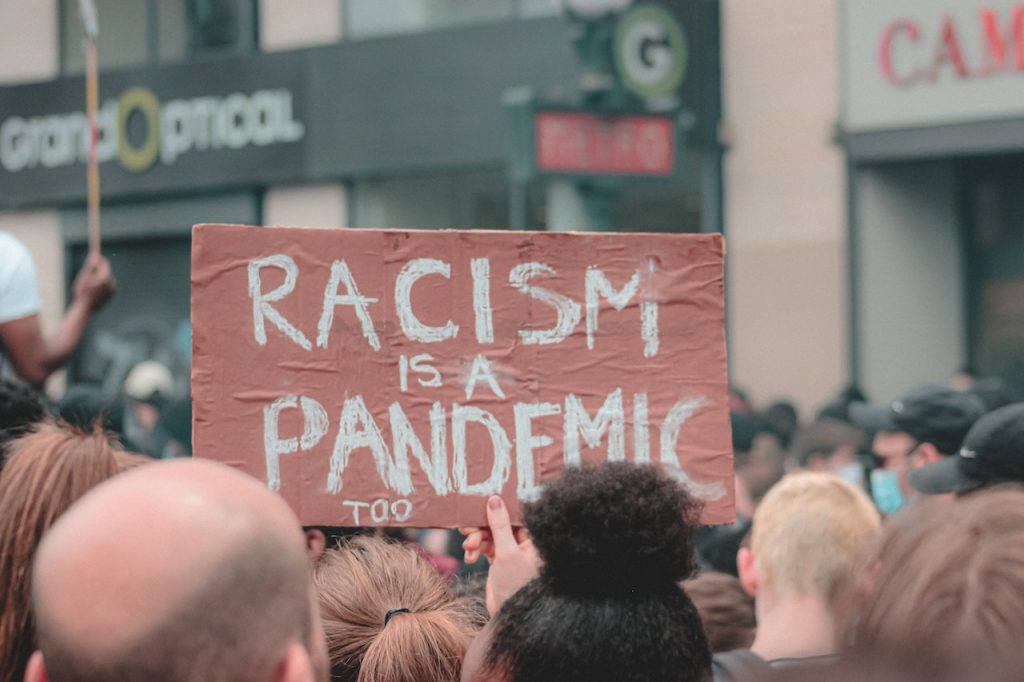
Racism faced by Africans in Germany. Life in Germany. Germany is home to a growing African community, but many still face significant challenges, particularly regarding racism and safety. From everyday discrimination to more severe incidents, the situation reveals a pressing need for societal and institutional change.
Rising Concerns About Racism
Racism remains a critical issue for Africans in Germany. Many report facing prejudice in their daily lives, from subtle acts of bias to outright hostility. A study by the NGO Ezra found that the eastern state of Thuringia recorded 85 racist attacks in 2023 alone, reflecting persistent hostility in some regions.
This reality is particularly concerning with the rise of far-right political movements like the Alternative for Germany (AfD). The AfD, known for its anti-immigration stance, has gained significant traction, particularly in areas like Thuringia, where it holds considerable influence. Such political developments have amplified fears within the African community, especially for those living in regions with fewer minority populations.
Read also: Refugee numbers in Germany hit an all-time high
Personal Stories Highlight the Problem
Individual experiences shed light on the depth of the issue. Omar Diallo, a migrant from Guinea, recalled a terrifying incident where he and his friends were surrounded and attacked by a group of men shouting racist slurs. Although they managed to call the police, the incident left one of his friends hospitalized.
Such stories are not isolated. Many Africans in Germany, especially in areas like Thuringia, report similar experiences. Racism often impacts their ability to feel safe in public spaces and can lead to long-term psychological and emotional distress.
Institutional Efforts to Combat Racism
Germany has implemented measures to address racism, but more work is needed. Several organizations, including NGOs and government bodies, have stepped up to support victims of racism. Initiatives like anti-discrimination hotlines and integration programs aim to provide support and promote awareness.
Political figures of African descent, such as Awet Tesfaiesus and Karamba Diaby, are also using their platforms to push for systemic change. Tesfaiesus, the first Black woman in the Bundestag, has vowed to fight for equal opportunities and better policies for asylum seekers. These efforts signal hope for progress, though challenges remain significant.
Steps Toward Change
To address racism in Germany, several steps are critical:
- Education and Awareness: Schools and workplaces need programs that teach the importance of diversity and inclusion. Combating ignorance is a key step in reducing bias.
- Stronger Laws: Laws against hate crimes must be strictly enforced, ensuring accountability for racist actions.
- Community Support: African communities and their allies can organize events, workshops, and campaigns to raise awareness about racism and promote solidarity.
- Political Advocacy: Increased representation of minorities in government and decision-making roles can ensure the voices of marginalized groups are heard.
A Call for Unity
While challenges persist, there are signs of progress. African organizations and local allies continue to advocate for justice and equality. Events like Black History Weeks in Berlin and networking opportunities for Black entrepreneurs are also helping to empower the African community and celebrate their contributions to German society.
By tackling racism head-on and promoting understanding, Germany can move closer to becoming a truly inclusive society. Africans in Germany are a vital part of the country’s future, and their rights and dignity must be upheld at every level.
